Does BYOD really stand for Bolster Your Own Delusions?
Are the hardware savings of BYOD enough to compensate for the security risks it brings? Davey Winder doesn't think so


I hate the BYOD (bring your own device) acronym with a passion. Whenever I put my journalistic feelers out among the security industry to get some comment for an unrelated article, you can bet your bottom dollar that no matter how precisely I've described the topic I'm writing about, someone will swing it round to BYOD.
"I'm looking for someone who can talk about developments in homomorphic encryption management as it applies to the cloud," I'll say, and the response I get from some idiot PR bunny will inevitably be: "We have someone who can discuss how BYOD can be managed in the cloud". Doh!
It's a combination of buzzword bingo syndrome (where certain tech terminologies get over-hyped to the point of press release saturation) and a need to jump on the mobile bandwagon.
Bring Your Own Device is nothing new, and security problems relating to the management of mobile devices did not start with smartphones or tablets. Laptops and netbooks have been causing security headaches for years.
Of course, laptops and netbooks never became commoditised to the point employees would rather buy their own and use them at work, which is what happened first with smartphones and more recently with tablets. As such, it's hardly surprising the need to manage these devices and control the data they access has verily exploded.
Unfortunately, the main place this combustion of need has occurred is in the media, rather than the enterprise. The smaller the enterprise, the truer this becomes. Which is why it's also hardly surprising that a newly released Gartner study has revealed that nearly a third of smartphone users who bring their own devices into the workplace have suffered a security issue and didn't tell their boss.
The report reckons only 15 per cent of respondents had signed any kind of BYOD usage agreement, and a third reported their employer had no formal policy
Get the ITPro daily newsletter
Sign up today and you will receive a free copy of our Future Focus 2025 report - the leading guidance on AI, cybersecurity and other IT challenges as per 700+ senior executives
I did the math with the percentages in the study, and it turns out 59 per cent of employees are using their own devices in the workplace with no formal agreements or controls in place. With half of the people questioned using the device at work for more than an hour a day for social and productivity tasks, the risk to enterprise security is both obvious and potentially devastating.
The timing of the Gartner survey couldn't be better, coinciding as it does with the release of a warning from the Information Commissioners Office that businesses are failing when it comes to the security basics.
These include the storing of data in widely accessible locations. Forget Bring Your Own Device, maybe what BYOD really stands for is Bolster Your Own Delusions, both from the user who can't see the harm and the enterprise that can't see beyond the hardware cost savings.
Davey is a three-decade veteran technology journalist specialising in cybersecurity and privacy matters and has been a Contributing Editor at PC Pro magazine since the first issue was published in 1994. He's also a Senior Contributor at Forbes, and co-founder of the Forbes Straight Talking Cyber video project that won the ‘Most Educational Content’ category at the 2021 European Cybersecurity Blogger Awards.
Davey has also picked up many other awards over the years, including the Security Serious ‘Cyber Writer of the Year’ title in 2020. As well as being the only three-time winner of the BT Security Journalist of the Year award (2006, 2008, 2010) Davey was also named BT Technology Journalist of the Year in 1996 for a forward-looking feature in PC Pro Magazine called ‘Threats to the Internet.’ In 2011 he was honoured with the Enigma Award for a lifetime contribution to IT security journalism which, thankfully, didn’t end his ongoing contributions - or his life for that matter.
You can follow Davey on Twitter @happygeek, or email him at davey@happygeek.com.
-
 Bigger salaries, more burnout: Is the CISO role in crisis?
Bigger salaries, more burnout: Is the CISO role in crisis?In-depth CISOs are more stressed than ever before – but why is this and what can be done?
By Kate O'Flaherty Published
-
 Cheap cyber crime kits can be bought on the dark web for less than $25
Cheap cyber crime kits can be bought on the dark web for less than $25News Research from NordVPN shows phishing kits are now widely available on the dark web and via messaging apps like Telegram, and are often selling for less than $25.
By Emma Woollacott Published
-
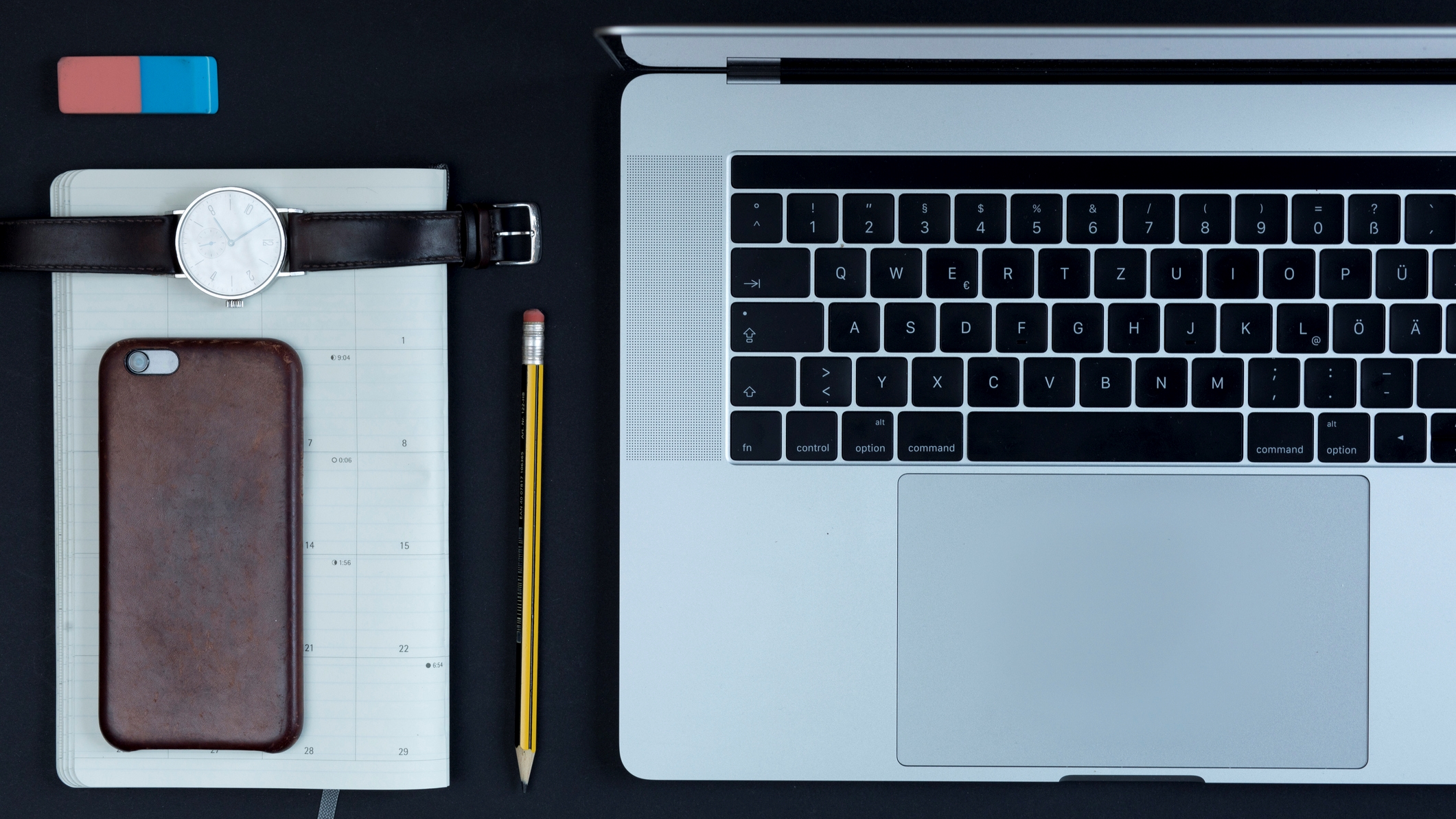 Rebooting your BYOD strategy
Rebooting your BYOD strategyIn-depth With hybrid working becoming the norm, there's a need for a device management overhaul. What does BYOD 2.0 look like?
By Kate O'Flaherty Published
-
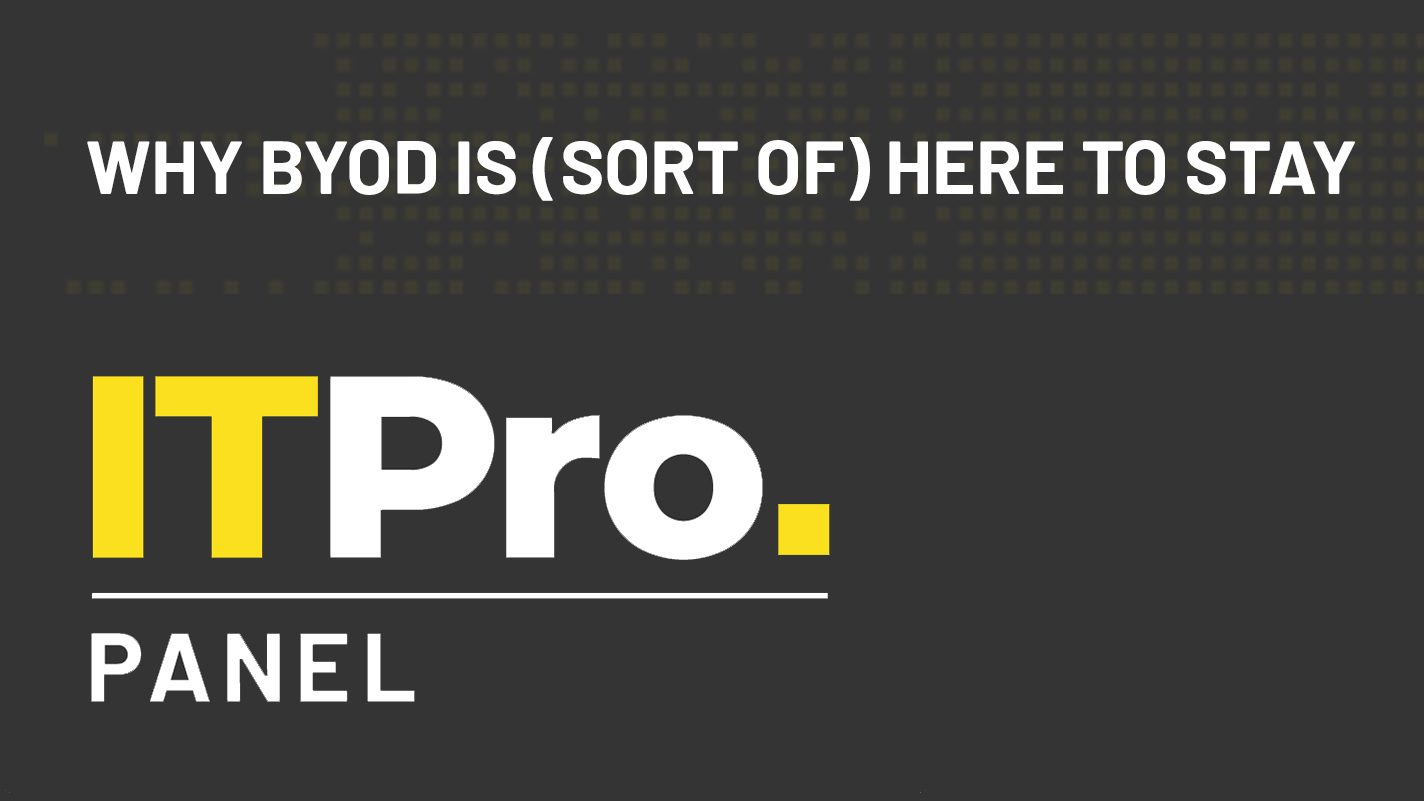 IT Pro Panel: Why BYOD is (sort of) here to stay
IT Pro Panel: Why BYOD is (sort of) here to stayIT Pro Panel CIOs explain why they aren’t going all-in on personal devices
By Adam Shepherd Published
-
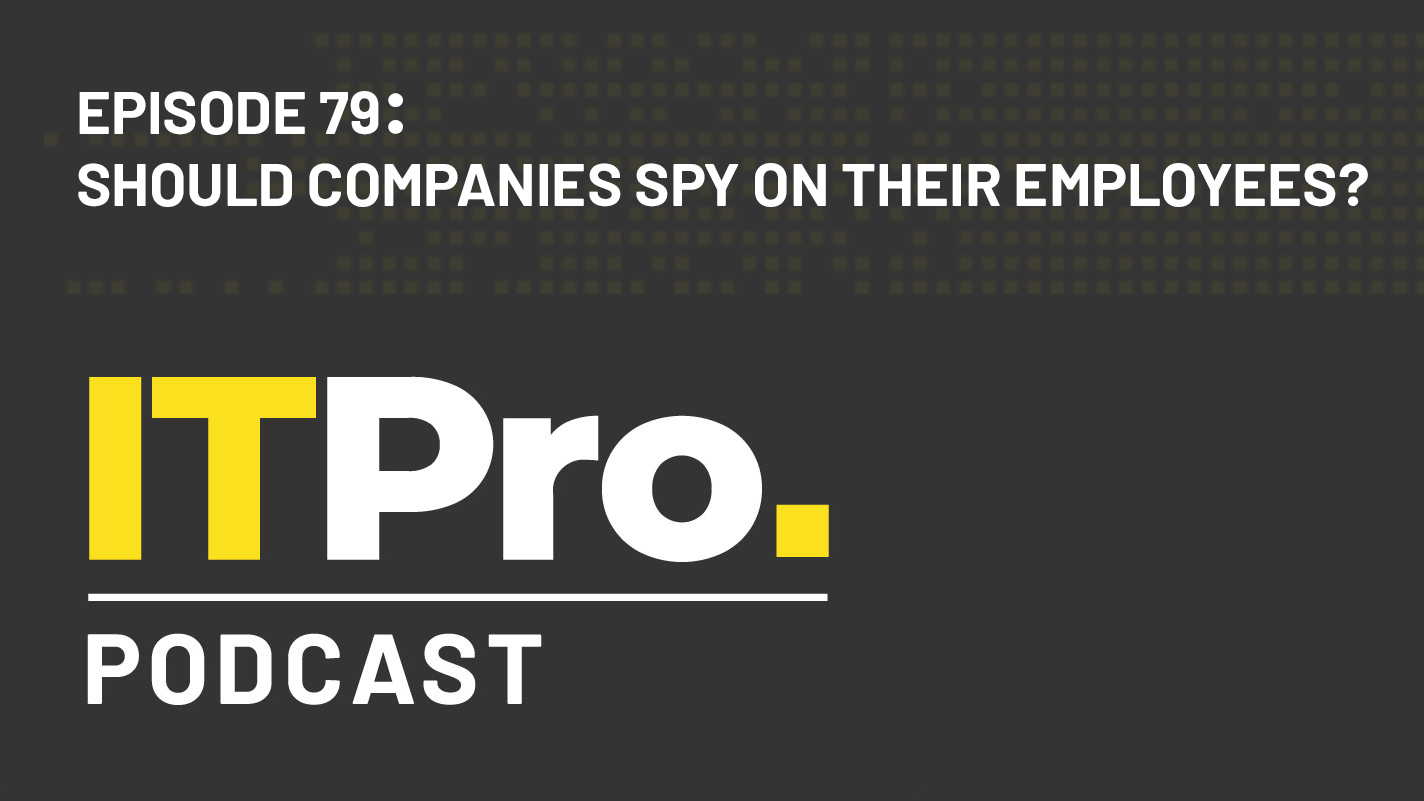 The IT Pro Podcast: Should companies spy on their employees?
The IT Pro Podcast: Should companies spy on their employees?IT Pro Podcast Where’s the line between security and surveillance?
By IT Pro Published
-
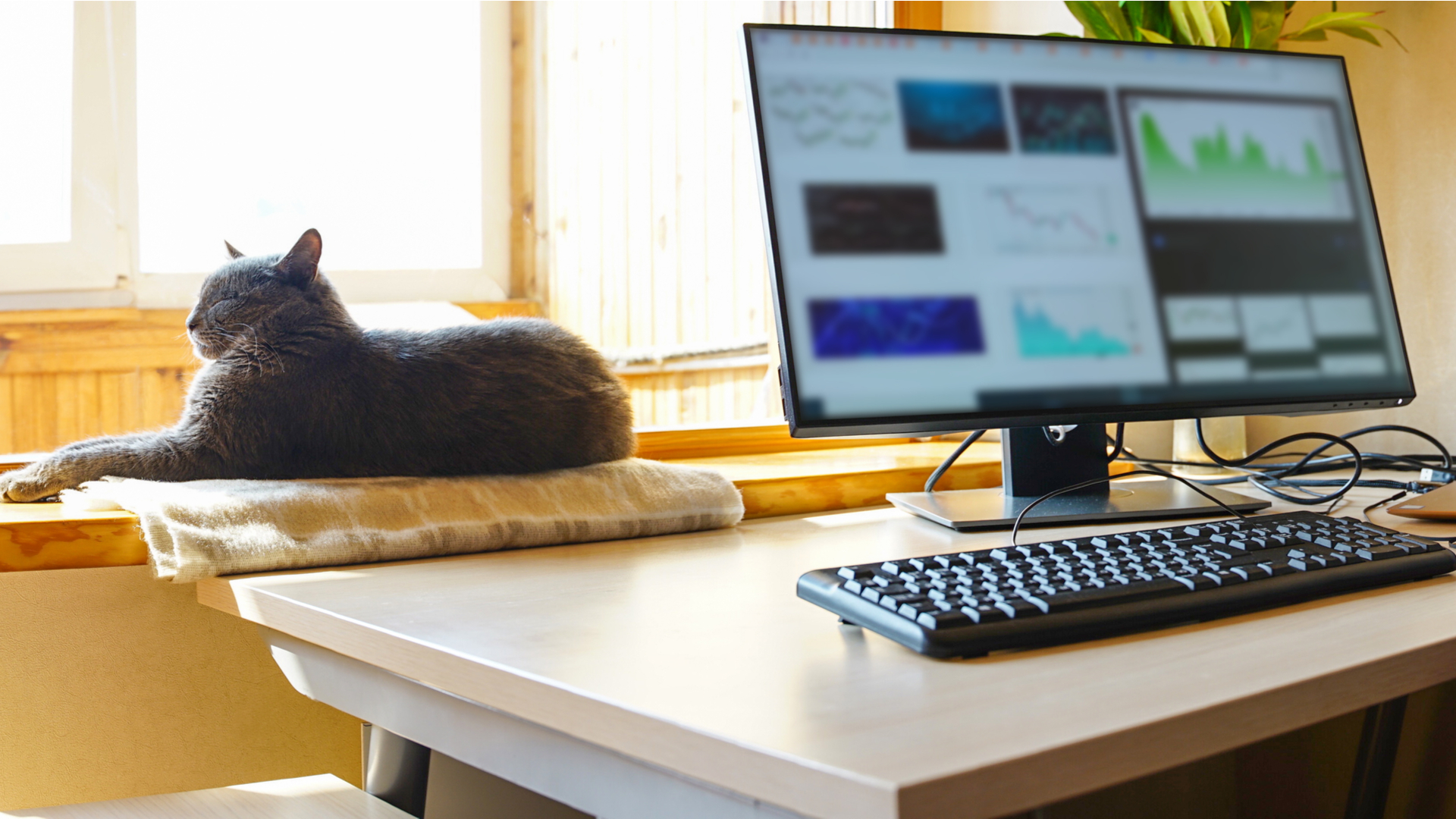 What are employers' responsibilities when we use personal tech to work from home?
What are employers' responsibilities when we use personal tech to work from home?In-depth With many more months of lockdown ahead of us, and workers reluctant to return to the office full time, it's time to think about roles and responsibilities
By Sandra Vogel Published
-
 What is the 'personalisation of IT'?
What is the 'personalisation of IT'?In-depth With millions of people using personal devices for professional purposes while working from home, consumerisation has entered a new phase
By David Howell Published
-
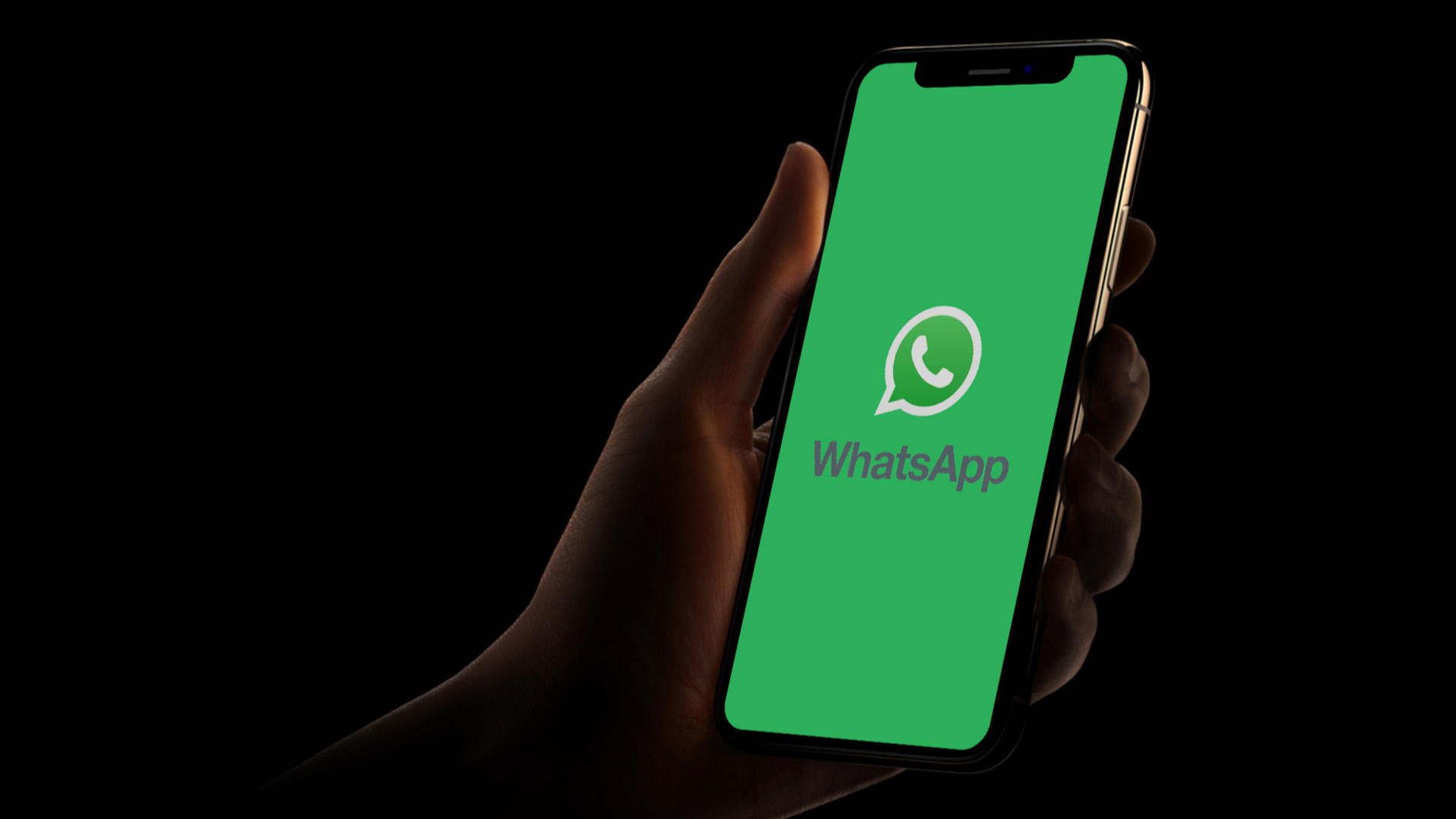 WhatsApp delays controversial privacy update for businesses
WhatsApp delays controversial privacy update for businessesNews Users were asked to share data with WhatsApp’s parent company Facebook in order to continue using the service
By Sabina Weston Published
-
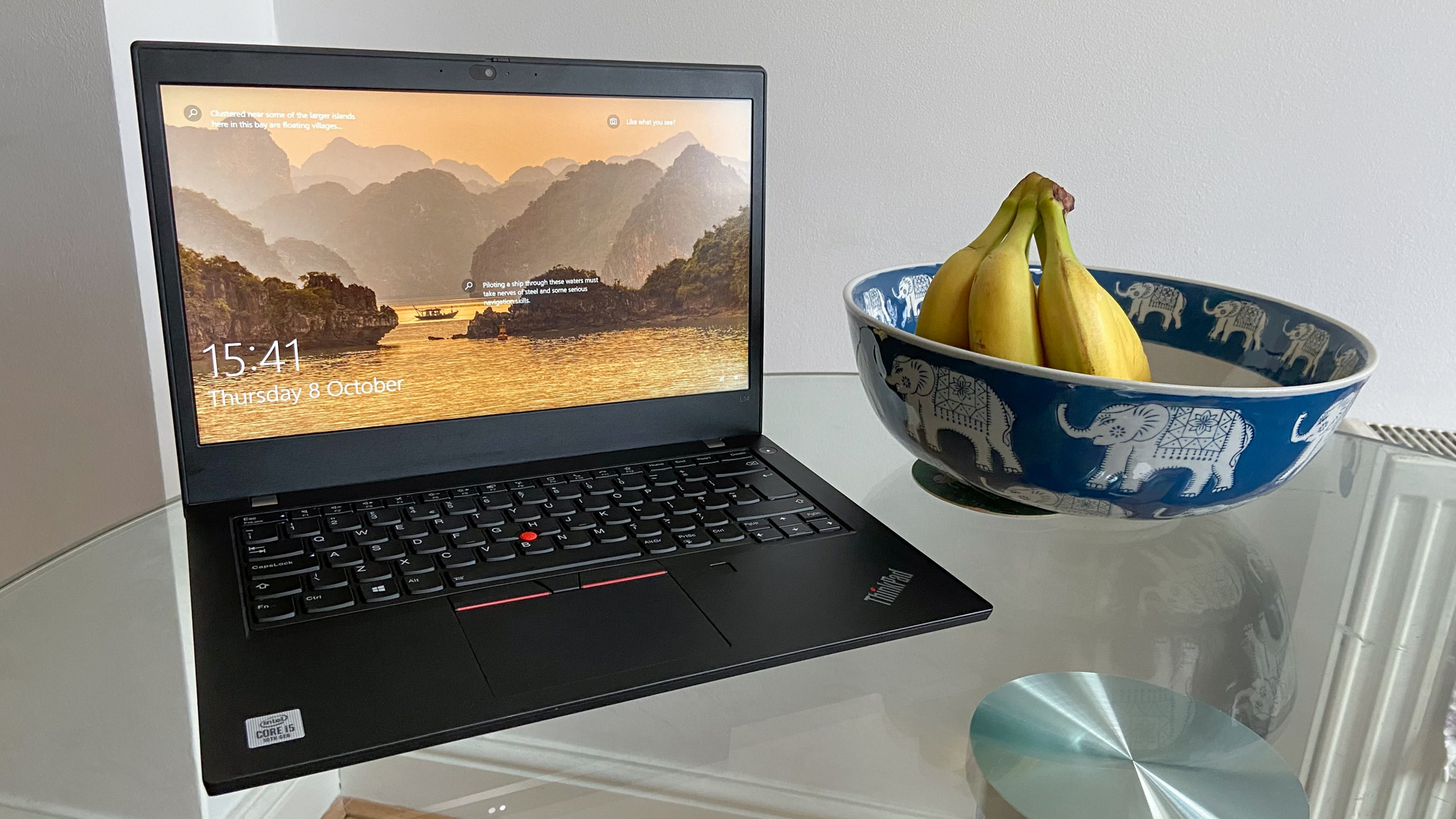 Lenovo ThinkPad L14 review: It’s not right but it’s okay
Lenovo ThinkPad L14 review: It’s not right but it’s okayReviews Pleasant enough for simple office tasks
By Sabina Weston Published
-
 The consumerisation of IT continues apace – here’s how your business can benefit
The consumerisation of IT continues apace – here’s how your business can benefitIn-depth BYOD may be a fact of business, but there are still more ways organisations can grow by embracing consumer tech
By Sandra Vogel Published